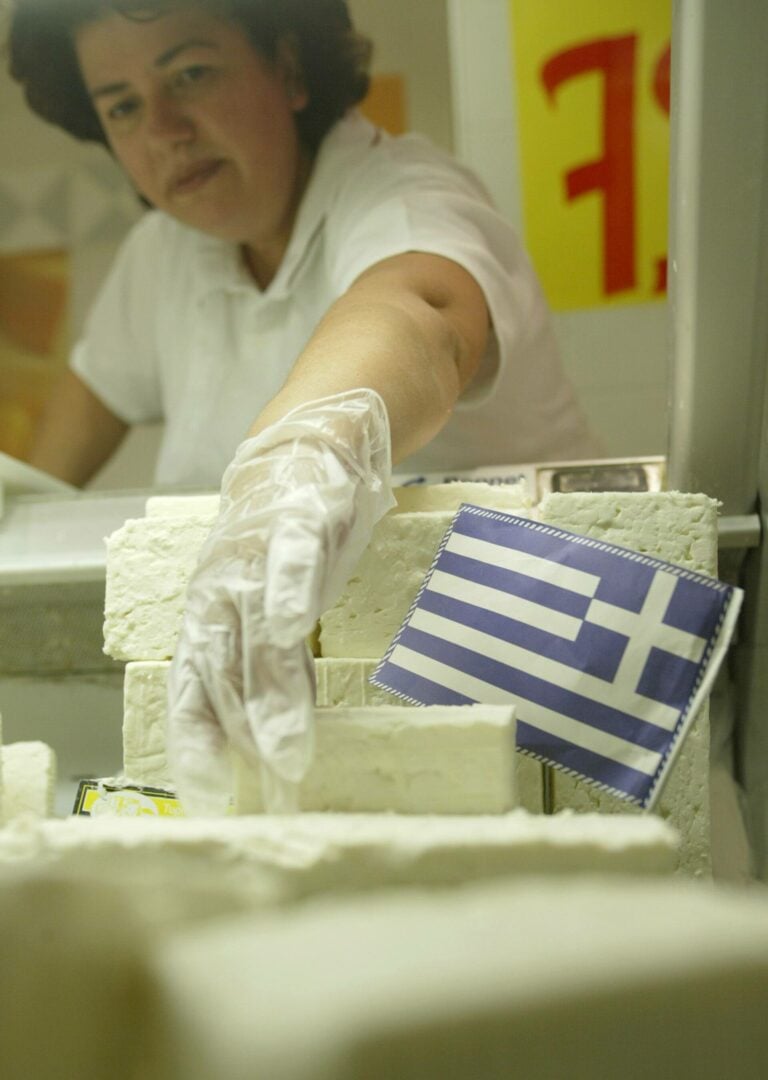The fight to call Australian Greek style sheep’ milk cheese feta will be taken to Europe when Trade Minister Don Farrell lands there for two-weeks with hopes to seal Australia’s most significant free trade deal.
Australia and the European Union are at the tail end of negotiations for a free-trade agreement that began in 2018. The aim is to reduce taxes on imports and exports and improve business access to the $23 trillion European market.
Australia wants the deal to reduce taxes and import limitations on goods including beef, rice and sugar, while the EU is aiming for more protections for European specialities, including feta, parmesan and prosecco, and for the luxury car tax to be scrapped.

Farrell will meet European Commission executive vice-president Valdis Dombrovskis, agriculture commissioner Janusz Wojciechowski, French trade minister Olivier Becht and European Parliamentary members to work on a deal.
The minister believes all the ingredients are in place for a “successful negotiation” and expects a deal by midway through 2023, or at least to have the final details by that stage, while the European Union are hopeful of a deal by early next year.
Some countries in the union like Greece and Italy want to ensure the names of regional foods and drinks are protected. Farrell acknowledged the geographic indicator argument is tricky, but Australia will push to use those names.
“We want to keep using feta, parmesan, and prosecco, that’s the position we’ve adopted. We’re not changing our negotiating position,” he said.
“But Europeans just like us are entitled to put issues on the table, and this is a serious genuine negotiation. So, we’ll listen to their arguments, and hopefully they’ll listen to ours.
“All of those are difficult issues, but I think there’s a way through.”

In Canada’s free trade deal with the European Union, the North American country agreed to use qualifiers for some geographic indicators, so locally made feta may be called “feta-style” cheese, and the use of parmesan instead of Parmigiano was OK.
Farrell noted prosecco was protected under that agreement, but winemakers who had already been making it were allowed to continue using the name.
The Canadians also got a “good deal” to export 50,000 tonnes of beef, Farrell said, but Australia would prefer “total free trade” for agricultural products.
“Good market access is no trade barriers whatsoever,” he said.
